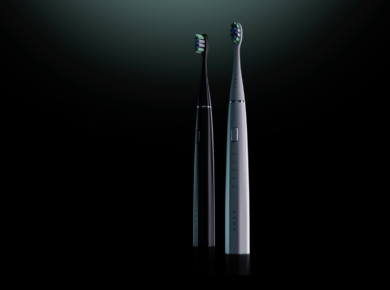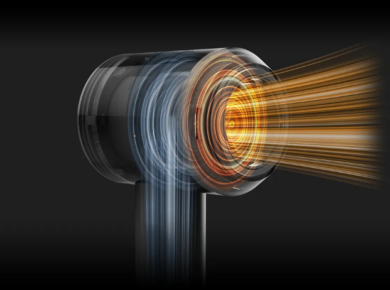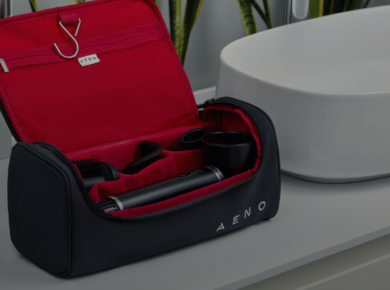Oral hygiene requires regular flossing to remove plaque, bacteria and food debris. A comparison of water irrigator vs floss will help you choose the most effective way to clean your teeth.
Dental Floss vs Water Flosser
Traditional string flossing is an inexpensive way to maintain oral hygiene. But it is not suitable in every case, because the nylon or teflon string can only make things worse with gum disease. For patients with such problems, a dentist will recommend a water flosser. Still, a person who just wants to maintain effective oral hygiene and achieve a charming smile has a choice. Is waterpik better than string flossing? To find it out, you need to compare dental floss vs water flosser and define their possibilities and shortages.

Water Irrigator vs Floss: Features of Popular Dental Care Accessories
The search for the most effective methods and tools for cleaning teeth never ends. Dental and gum diseases entail many problems, including poor digestion, gastritis, etc. Daily prevention and removal of food debris stuck between the teeth is much better than expensive treatment at the dentist or other specialists.
That is why inventors are constantly looking for the ideal way to remove plaque and food debris. Oral irrigator is one of the most popular devices that have competed with traditional dental floss. Are water flossers any good? Let’s look at the features of each of these solutions for protecting dental health. That will allow you to assess the advantages of each method of cleaning the interdental space.
Why Dental Floss Is So Popular
The history of using string floss goes back more than two centuries. That is why it is so ingrained in people’s everyday life. It has become an effective competitor to wooden toothpicks, which until then served as the main means of removing food between the teeth. Modern flosses are multifunctional, thanks to the many improvements that have been made to this simple tool:
- Food removal;
- Oral flavoring and freshening;
- Teeth whitening;
- Caries prevention;
- Dental treatment, etc.
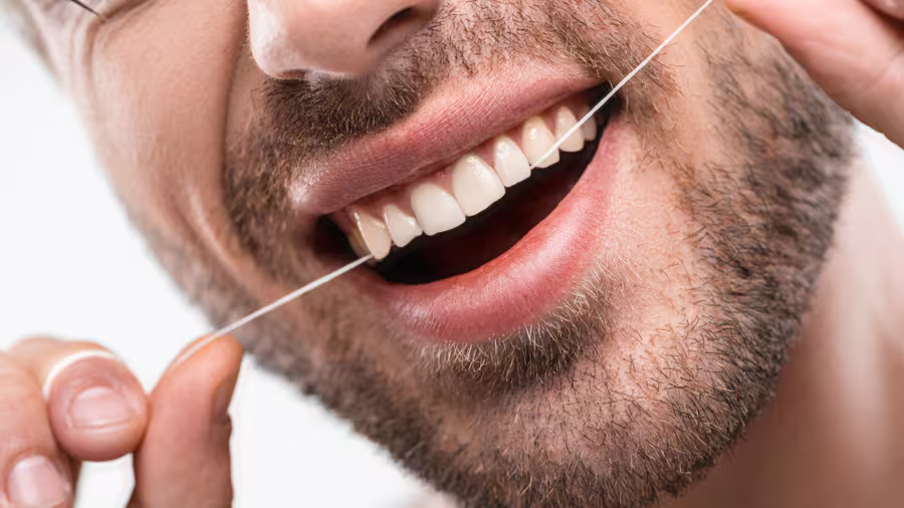
Precautions When Using String Floss
Despite all its positive effects, dental floss has limitations in its use:
- The most obvious is flossing in public places. Such a hygienic procedure is carried out in private spaces or dental offices. That is why wooden toothpicks still retain their role in dental care.
- Dental floss can injure gum tissue. If the problem is not noticed and you continue to use floss, it can be aggravated. As a result of this trauma, the neck of the tooth can become exposed and sensitive. It will react painfully to cold and hot food. Therefore, if you have sensitive gums, you should refuse to use floss.
- If an individual wears braces, using floss becomes impossible. They need to look for another effective alternative.
- Hard-to-reach places in the oral cavity also cannot be cleaned with flossing.
These and other disadvantages of using string floss prompted dentists to look for more universal dental care solutions. And the most advanced of them today is an irrigator or water flosser.
The Operating Principle of a Water Flosser
An oral irrigator is an innovative device designed to clean teeth using the pressure of a water jet. The main tasks a dental water jet solves are the following:
- Cleaning teeth and interdental space;
- Prevention of periodontal disease;
- Massage of gums;
- Refreshing and aromatizing the oral cavity;
- Removing plaque from hard-to-reach places.
A water flosser good reputation led to a real boom in the dental industry. It gained popularity among specialists and ordinary people immediately after its release on the market. Dentists highly appreciated the progress in dental care this invention made. Ordinary users felt comfortable when using an irrigator and noted its high efficiency. Among the most obvious advantages of an oral irrigator are the following:
- More thorough cleaning of teeth. Water removes large pieces of food visible to a person and the smallest, invisible ones.
- The market offers stationary and portable irrigators. You can take the last ones with you on a trip and even use them at work.
- The irrigator has several nozzles, which make it a universal device for maintaining oral health. The orthodontic tip is used to clean teeth when wearing braces. The periodontal tip is needed for people with fixed dentures. It will also be useful for cleaning gums. The tongue and implants can be cleaned with other nozzles included in the water floss set.
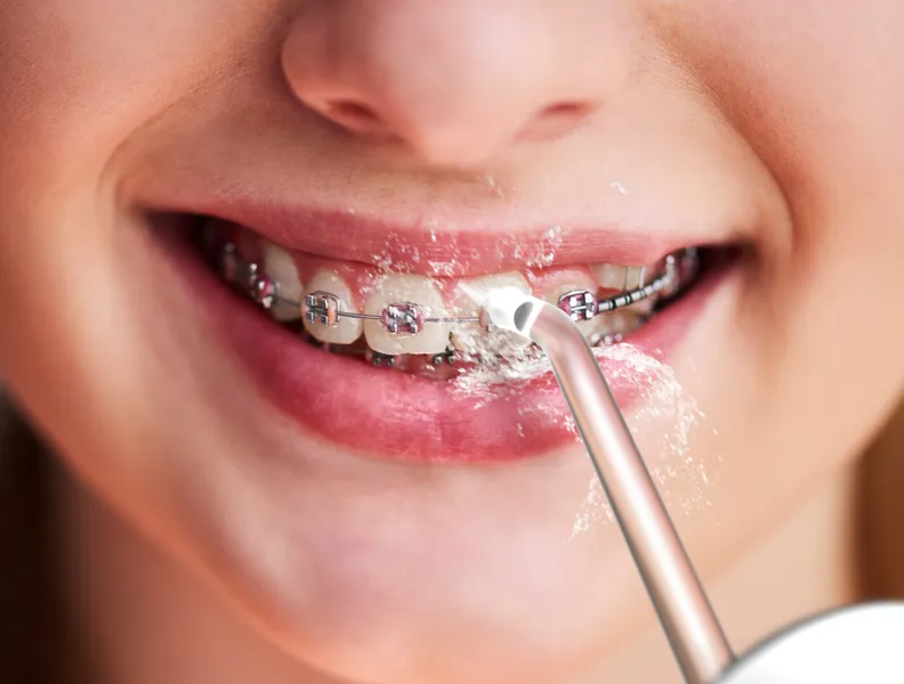
Water Irrigator vs Floss: Final Verdict
Thus, a small water reservoir and special nozzles can easily solve problems that string floss cannot handle. This applies to cleaning hard-to-reach places, gums and tongue, gum massage, and oral care when wearing braces, fixed dentures, and implants.
Water flosser better than string floss and copes with routine oral hygiene even for people who do not have any problems with teeth or gums. Not a single bacterium or the smallest food particle can stay on the teeth when they are treated with a water flosser.
Therefore, the comparison of water irrigator vs floss is resolved in favor of new technologies and a multifunctional irrigator. If you want to try it on your teeth and appreciate all its advantages, go to AENO website https://aeno.com/category/wellbeing/dental-irrigators. The models offered by AENO include 12 different flossing scenarios that can be implemented using a comprehensive set of nozzles. You can choose those that will bring the greatest benefit to your teeth and gums.
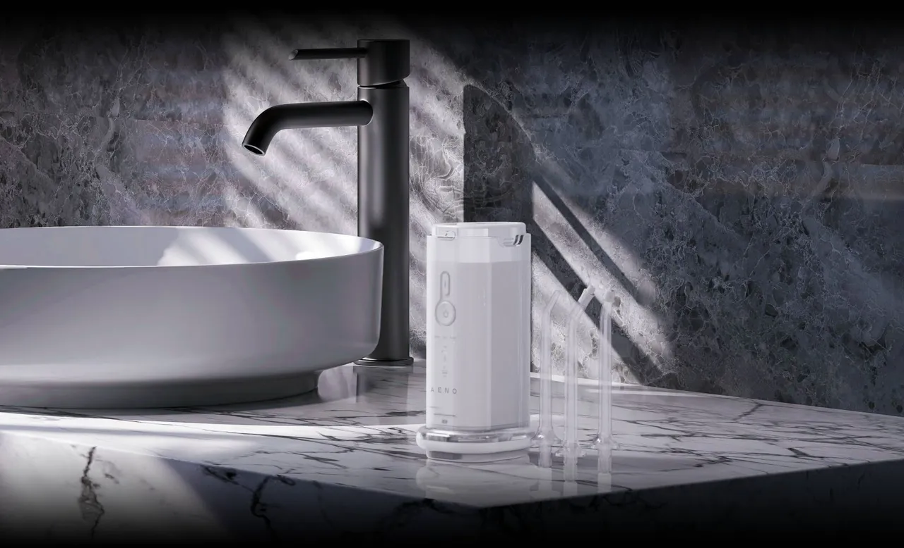
The Bottom Line
A water irrigator enables you to clean your teeth and effectively prevent caries and gum disease. Using it regularly, you will not need the help of a dentist, because plaque will be removed immediately. The best advice would be to use the most advanced technologies to protect the oral cavity and teeth from negative factors. The health of your teeth is an essential condition for the efficient functioning of the entire digestive system. And the more comprehensive your dental care is, the more protected your entire body will feel.
Want to BUY this product?
Check out retailer list for your country.


